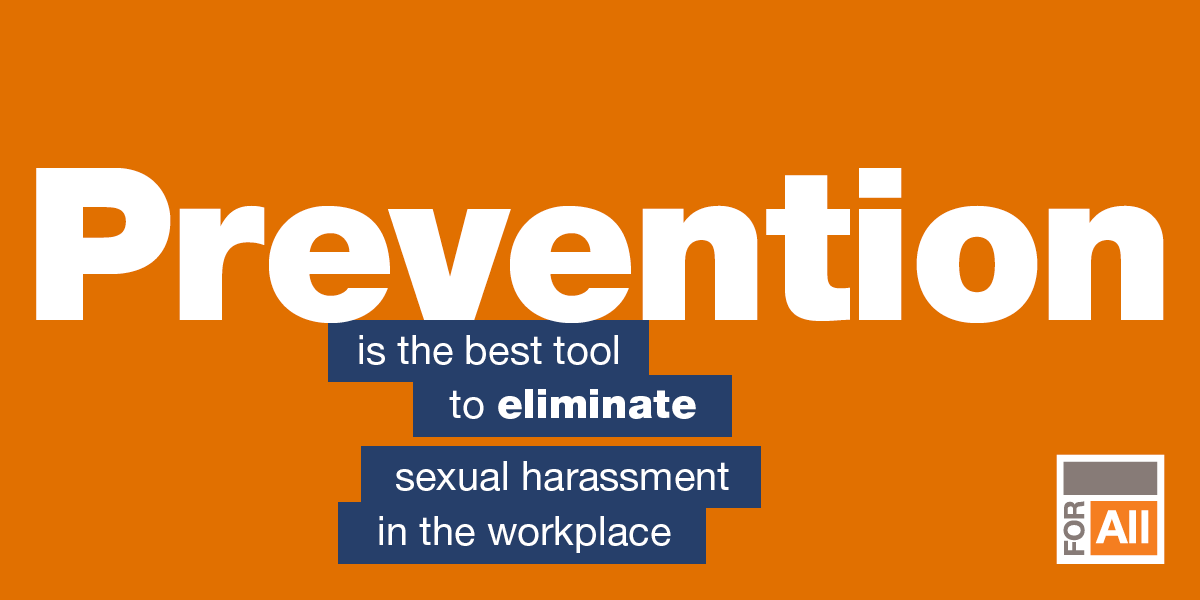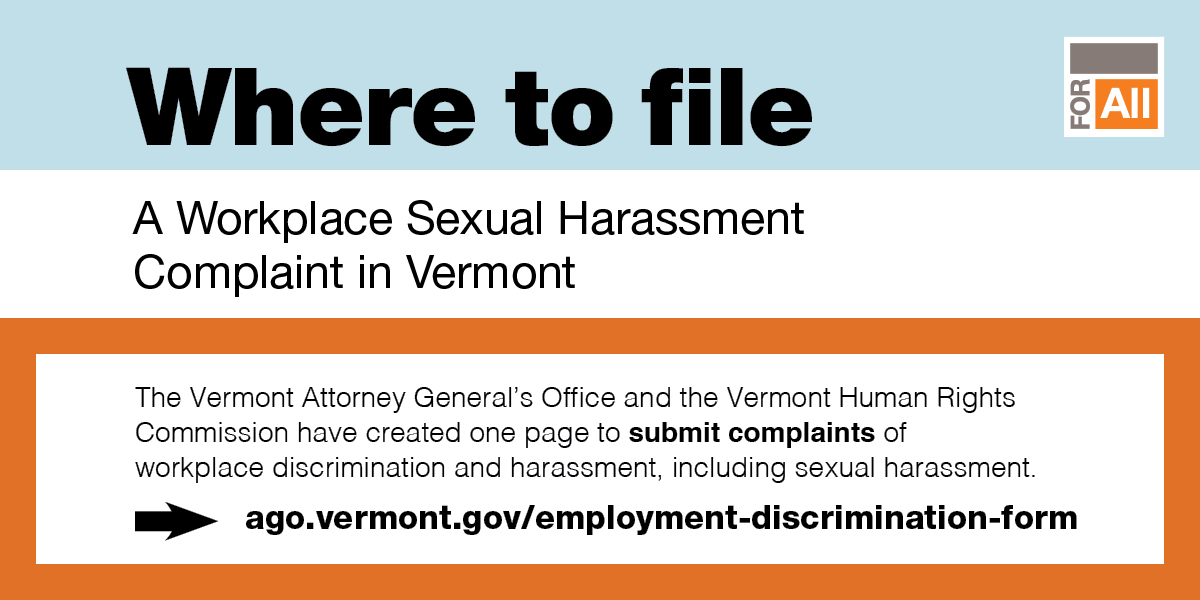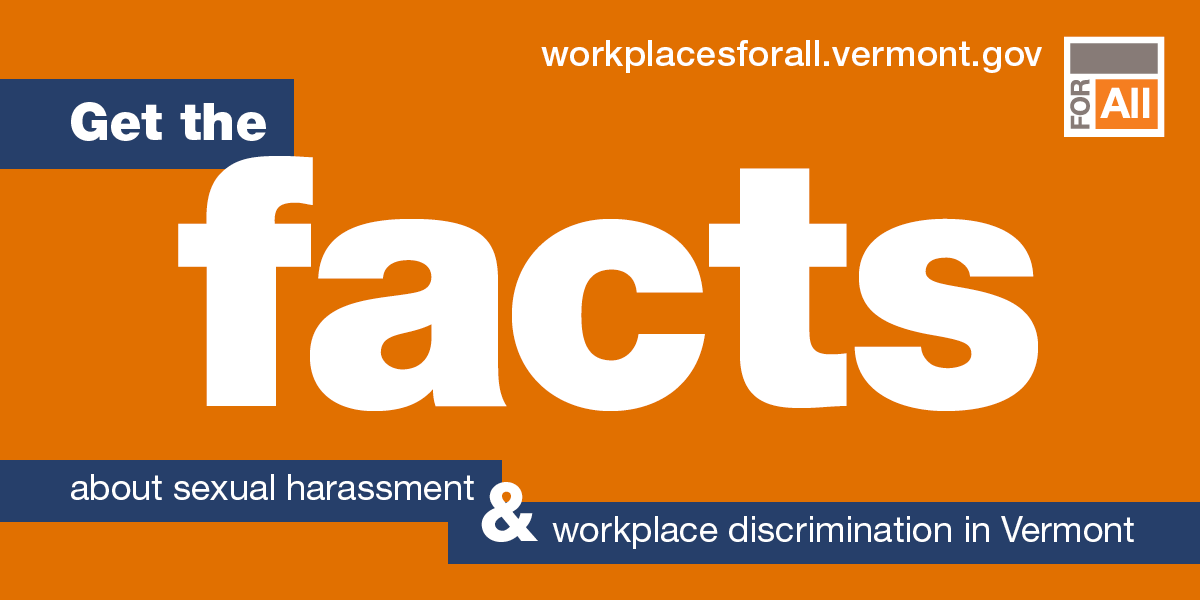
Our phone rings at the Vermont Commission on Women every day with people calling looking for help, information, and support. Many of those calls come with stories about sexual harassment at work. We hear from women whose bosses or coworkers are harassing them; we hear from men who have witnessed harassment; we hear from employers who are looking for ways to protect their employees and make a great workplace.
Some of the stories we hear reflect the kind of day-to-day behaviors that many people believe they just have to put up with at work: the restaurant customer’s inappropriate comments to the wait staff, the off-color jokes told by coworkers.
Some of the stories are hair-raising: the man who tried to get his coworker to take a shower with him; the coworker who asked a woman for photos of her breasts.
Thankfully, Vermont is at the forefront of legal protections for people experiencing sexual harassment. In Vermont, it is illegal to sexually harass someone in the workplace.
Last year, the Vermont General Assembly passed one of the strongest laws in the country.
Vermont's Sexual Harassment Law
Every Vermont employer must provide a workplace that’s free of sexual harassment.
Anyone who is engaged for work or services is protected from sexual harassment. This means employees, but also interns, independent contractors, and volunteers.
All Vermont employers, no matter their size, are required to have a policy against sexual harassment, and to provide it in writing to all their employees. They are also encouraged to conduct annual education and training.
Vermont has some specific requirements concerning employment contracts and settlement agreements:
- It’s illegal for an employer to require anyone to sign an employment contract that prevents them from disclosing sexual harassment, or that waives their rights or remedies in any sexual harassment case.
- If a worker is sexually harassed, and then settles out of court with the employer, the employer cannot prohibit the worker from every working there again. This is called a “no-rehire” provision, and it’s been used in many places to block people from other jobs with the employer’s subsidiaries, branches, franchises, or other related entities.
- All settlement agreements must specifically state that the worker is not prevented from reporting the sexual harassment to a government enforcement agency or from participating in an investigation or trial related to a sexual harassment claim.
How to report workplace sexual harassment
If you’ve experienced sexual harassment at work, you can do something about it! You can report it to the Vermont Attorney General’s Civil Rights Unit, or if you’re a State of Vermont employee, to the Vermont Human Rights Commission.
And if you’ve witnessed harassment at your workplace, you can get information about what to do on the page [How Coworkers Can Help [link]]
Where to file a workplace sexual harassment complaint in Vermont
The Vermont Attorney General’s Office and the Vermont Human Rights Commission have created one page to submit complaints of workplace discrimination and harassment, including sexual harassment.
Learn more about your rights:



